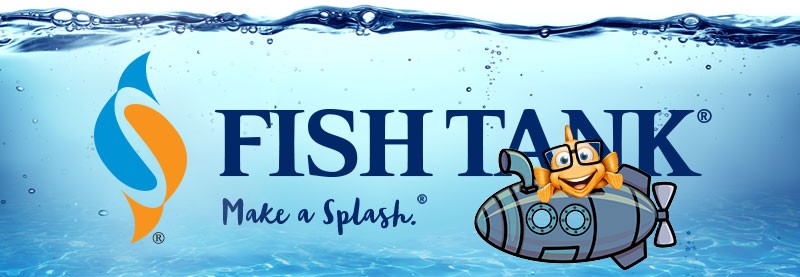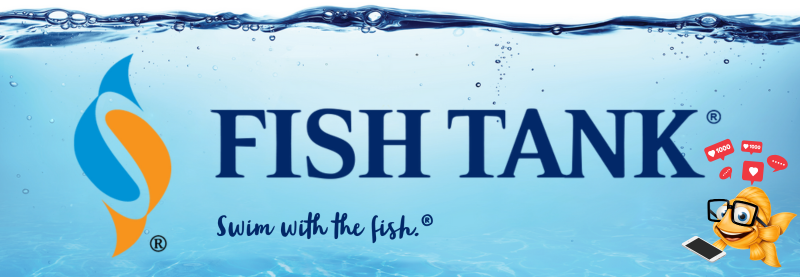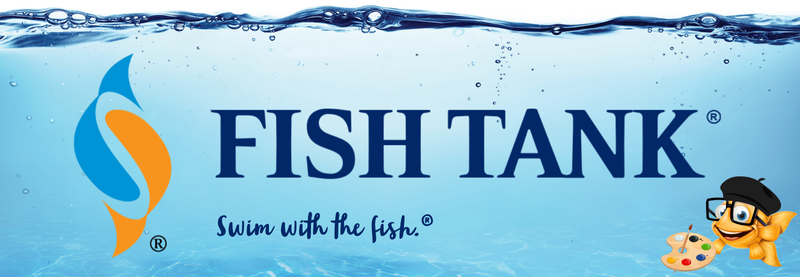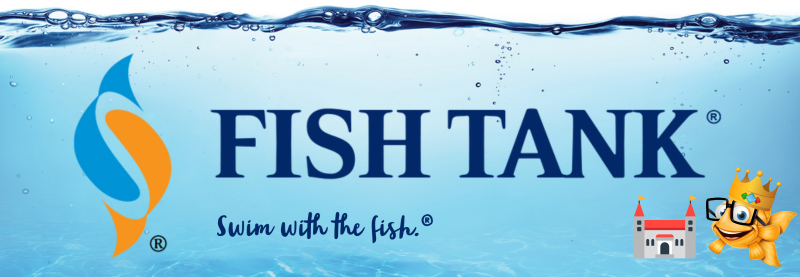Intellectual Property Insights from Fishman Stewart PLLC
Newsletter – Volume 24, Issue 2
Share on Social

A Deep Dive Into Submarine Trademark Filings
By Julie A. Greenberg
In this era of unlimited knowledge at our fingertips, thanks to the internet and near complete access to public records, keeping one’s secret business plans from prying eyes is both a top priority and a near impossibility. New ventures, especially those hatched by closely watched “Big Guns,” like Disney, Google, etc., go to great lengths to guard their business launches from leaks, through NDAs, confidentiality agreements, and the like.
One common “leak” in the secrecy of a startup happens upon filing for a new trademark registration for the trademark intended to be used for the confidential venture. Trademark snoops scour new trademark application filings for market intelligence—to get a market scoop (think of the bombshell reveal of Ivanka Trump’s Chinese trademark applications). Facebook went to great lengths to surprise us with its announcement of the new name META; likewise for Google and its announcement of Alphabet.
Why is guarding the secret brand so important? In part, it’s because in the US, as well as in most jurisdictions, being the first to use a trademark or the first to file a trademark application, gives you the right to obtain exclusive rights to the trademark through a trademark registration. A leak could be disastrous if a mole discovers the plan and uses the trademark first or files first for the trademark.
So, if being the first to use or file for federal trademark registration is so important to the success of the confidential venture, how does one, especially a closely scrutinized company, file a “secret” new trademark application, given that in most countries such new filings are fully public and searchable?
One increasingly used approach is through “submarine” trademark filings. A submarine (or “stealth”) trademark filing begins with filing a trademark application for the secret mark in a relatively obscure country, one which does NOT make its filings easily public or searchable. Jamaica is an example of one such country. Lichtenstein and Honduras are on the list, too.
Once the trademark application has been filed in the “obscure” foreign country, the filer may take advantage of the Paris Convention—a longstanding international treaty providing that any trademark application filed in a member country may be filed within six months in any other member country as a “priority” application, thereby receiving the earlier filing date under the treaty. This was a tactic used before Cleveland announced its name change from the Cleveland Indians to the Cleveland Guardians. Likewise, Zynga was able to keep its filing for its game launch of GIFS AGAINST FRIENDS secret by filing in Trinidad and Tobago months before filing in the U.S.
This submarine approach gives the applicant six undetectable months after their initial trademark filing before they can be discovered by market spies: six months is a safe head start to remain off the radars of would-be copycats.
Related Content from Fishman Stewart
In our previous FishTank article “The Great Beige-Off: Influencer Sues for ‘Vibe’ Infringement,” we reported on Sydney Nicole Gifford’s lawsuit against fellow influencer Alyssa Sheil over allegations of copyright infringement involving neutral-toned social media content.
People have long pondered whether or not the Giza pyramids were indeed solely burial chambers, which was the only known, and archaeologically determined, use—until now.
As the story goes, Klein was so taken with the indescribable blue of the sky over the Mediterranean in Nice, France, that he dedicated his artistic talent developing a blue that would imbue the canvas with this color in its purest form.
Despite her pseudo-legal background in Suits, Meghan has been running into one issue after another in her efforts to register the trademark and logo for her new lifestyle company, for now, called “AS EVER”.
By 1930, efforts began in New York to replace Mother's Day with Parent's Day because men were more than just breadwinners. Those efforts didn't catch on, probably because in that era, women often spent more time in the home.
In February, Nike and Skims announced that they will be working together on a new brand, NikeSkims. The co-brand will create a new line of training apparel, footwear, and accessories specifically designed to meet the unique needs of women athletes.
Generally, federal courts have exclusive jurisdiction over copyright cases, and often, this presents an insurmountable paywall for individual artists and small businesses to vindicate their rights, especially where the value of the individual copyrighted works are relatively low.
Dedicated to raising public awareness about the importance of encouraging innovation and creativity throughout the world, the World Intellectual Property Organization (WIPO) annually observes World Intellectual Property Day on April 26 to showcase the role that patents, trademarks, industrial designs, copyrights and trade secrets play in our everyday lives.
Hold onto your foam fingers, sports fans – college sports just got a whole lot more interesting! The latest updates to Name, Image, and Likeness (NIL) rules are making student-athletes bigger than ever, and it’s not just about the game anymore.
Did a federal court in Louisiana recently decide that US copyrights are global rights? It seems so.
IDENTIFYING, SECURING AND ADVANCING CREATIVITY®

















